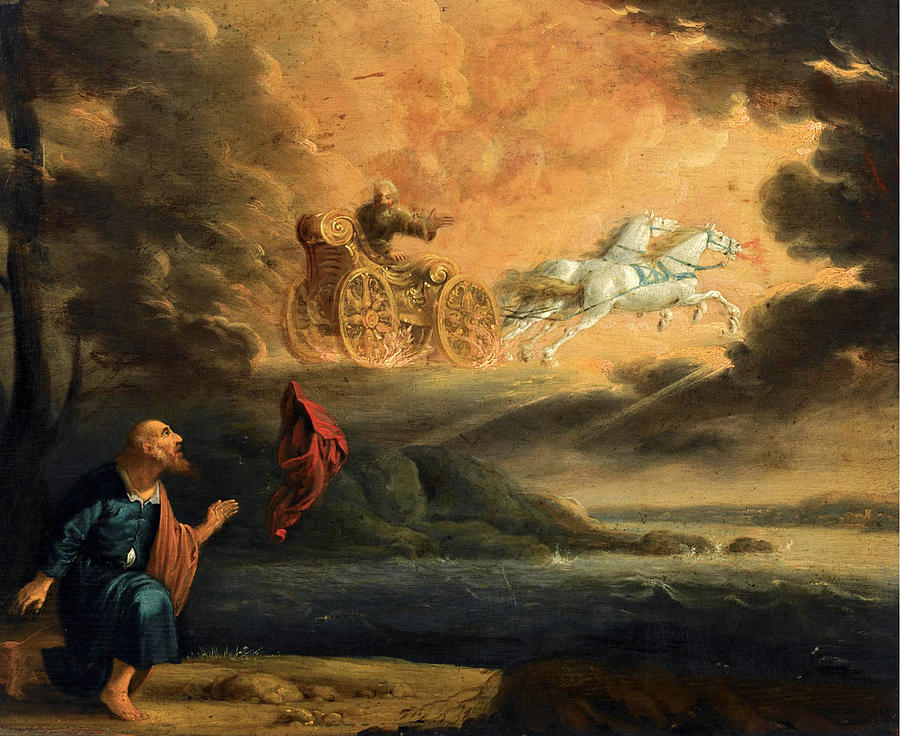Friday
I end the week with a well-known poem about poetry that I used to think was smarmy but now consider magnificent.
Maybe I dismissed Emily Dickinson’s “There is no Frigate like a Book” because I considered it a children’s poem, having encountered it at a very early age.
Later, as a teenager, I associated it with the young and naïve Sandy Dennis in the 1967 film Up the Down Staircase. In a hilarious scene, first-year-teacher Dennis tries teaching the poem to a classroom full of tough, urban kids, who see “frigate” as two words and define it much differently than Dickinson. If Dennis is to survive and flourish in this environment, she must become more street smart, while as a shy 16-year-old my own sense of growing up included rejecting that which is childish.
Now, however, I love the sense of wonder Dickinson expresses in the poem. Books really do take us lands away:
There is no Frigate like a Book
To take us Lands away
Nor any Coursers like a Page
Of prancing Poetry –
This Traverse may the poorest take
Without oppress of Toll –
How frugal is the Chariot
That bears the Human Soul –
Always the contrast is between the humble and the magnificent, with the humble turning in a far more impressive performance. A frigate in full sail may be impressive, and a courser (warhorse) as well. But poems do what poems do and aren’t confined to the wealthy and the proud.
“Bears” is surely a pun—through poetry, the poet bares her soul and through poetry readers discovers theirs. How remarkable that a book, available to anyone who has access to a library, beats out frigates and coursers for magnificence. A book is a chariot, only not an instrument of war this time.
In fact, I suspect the chariot that Dickinson has in mind is Elijah’s fiery chariot, one of the few instances in the Bible of a human being transported directly to heaven. Poetry performs a similar miracle, effortlessly moving us from the earthly to the transcendent.
And having entered the realm of religion, we need to mention Dickinson’s allusion to Jesus, who informed us that the kingdom of God is open to the poorest. No toll demanded.
Literature as a heavenly experience? I’ll buy it.


